The start of SafBon
Born to farmer parents on Shanghai's fringe, Zhang took his high school teacher's suggestion to attend central China's Wuhan University to study the chemistry of thermal power plants. The major guaranteed a decent job in the days when China assigned each college graduate a tenured position.
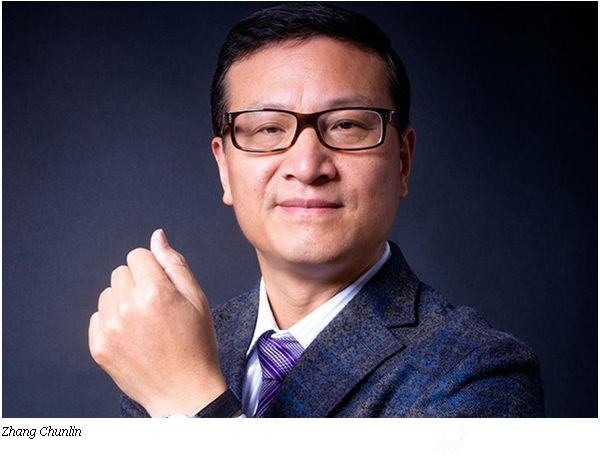
Sure enough, Zhang returned to Shanghai in 1984 to join a state-owned water and power institute as an engineer. The job earned him $7,500 a year, when the national average was merely a few hundred dollars.
However, seeking more freedom and heartened by China's then-leader Deng Xiaoping's advocacy of economic reform and opening, Zhang quit the much coveted job and set up SafBon as a competitor in 1995, rounding up $70,000 in seed money from friends.
A wave of state sector veterans, especially technicians, left to start their own businesses within a few years of Deng's 1992 speeches. "Some economists call us 'the '92ers,' " says Zhang. "We had been well trained inside the system, learning the practices and building our network, and this made it easier for us to succeed outside."
SafBon didn't land its first big deal for eight years -- a $1.5 million contract with a thermal plant in Taiyuan, in northern China's Shanxi Province. Unlike most of China's thermal plants in the eastern or southern areas at the time, new ones inland required a filtering technology for dry conditions, which had been developed with the help of retired engineers from Zhang's former employer.
"It was those old comrades that laid the tech foundation for our company," he says, but it fell to Zhang to build trust in SafBon's capability. Then SARS hit China in 2003.
"Most companies wouldn't go on business meetings, and Taiyuan was a severely affected area. We talked to each other wearing masks," Zhang remembers. "There were only two or three people on my flight there, and also only two or three people around when I was dining in my hotel."
Boldness pays off
"He's always been a bold character," says the sewage-treatment director, Shen, who grew up with Zhang in the village outside urban Shanghai. "Even when we were kids, he dared to swim in waters no one else did."
Such boldness put SafBon on track for more business in those inland areas, which today still brings two thirds of the company's sales. In 2004, it stumbled into municipal water treatment by supplying reclaimed domestic water to the new inland thermal plants.
More doors have been opened since then, and Zhang took SafBon public on the Shenzhen Stock Exchange in 2011.
Last year, SafBon opened an office closer to Shanghai's downtown area for corporate finance and strategic decisions, and Zhang has been splitting his 15-hour workdays between there and headquarters in the outskirts. "Of course, we are an engineering company, but any company in its later stages of development would rely more heavily on finance," he says.
The separation also is intended to give more leeway to other executives at the headquarters. Zhang resigned as general manager in 2015, leaving day-to-day operations to staff. (Afterward, he took a month off to attend a rowing program at the University of Cambridge for Chinese entrepreneurs, organized by real estate boss and rowing enthusiast Wang Shi. Zhang continues to make time for outdoor sports.)
With succession in mind, the founder aims at recruiting 100 managers over the next ten years in a company with 400 employees today.
He says: "Grooming the second gen is an idea worth exploring" -- his two daughters both work in the chemical sector -- "but it all comes down to whether they are the most capable for the job."
An entrepreneurial spirit and engineering mind-set would seem to be prime qualifications.







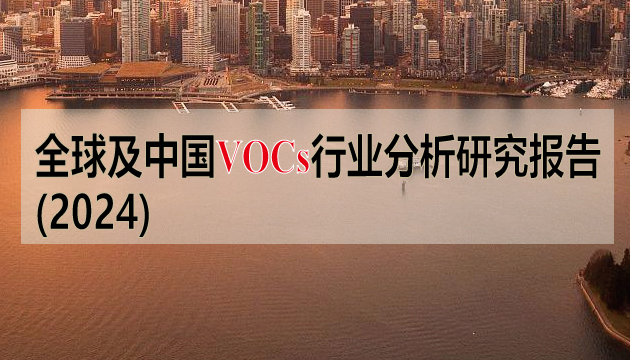



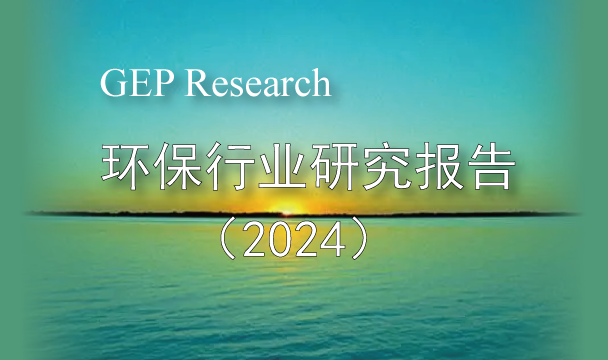






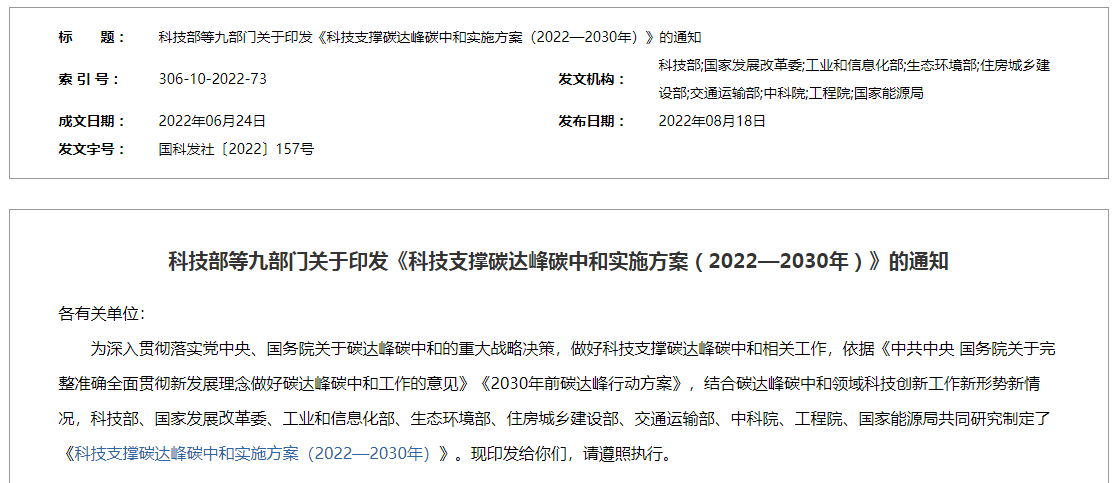
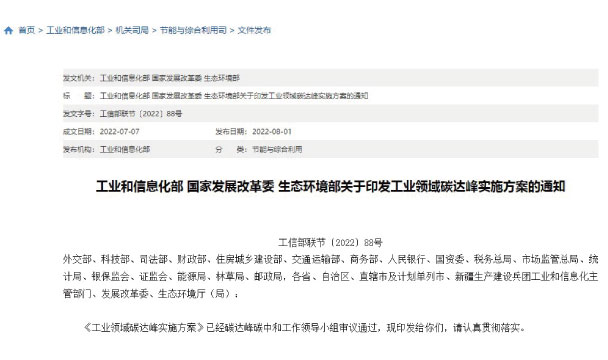
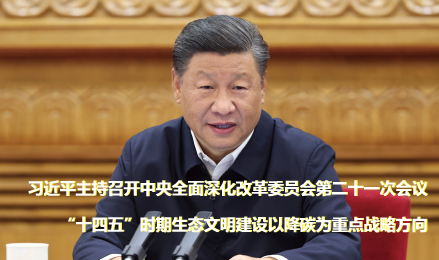
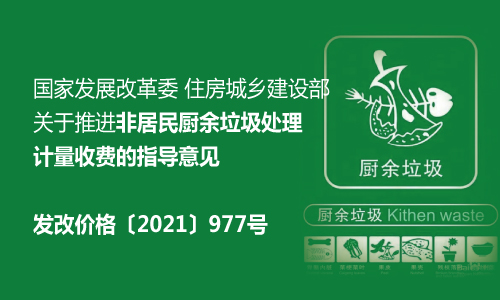

 京公网安备 11010602104455号
京公网安备 11010602104455号